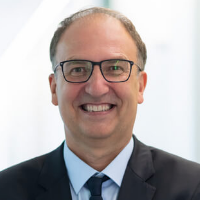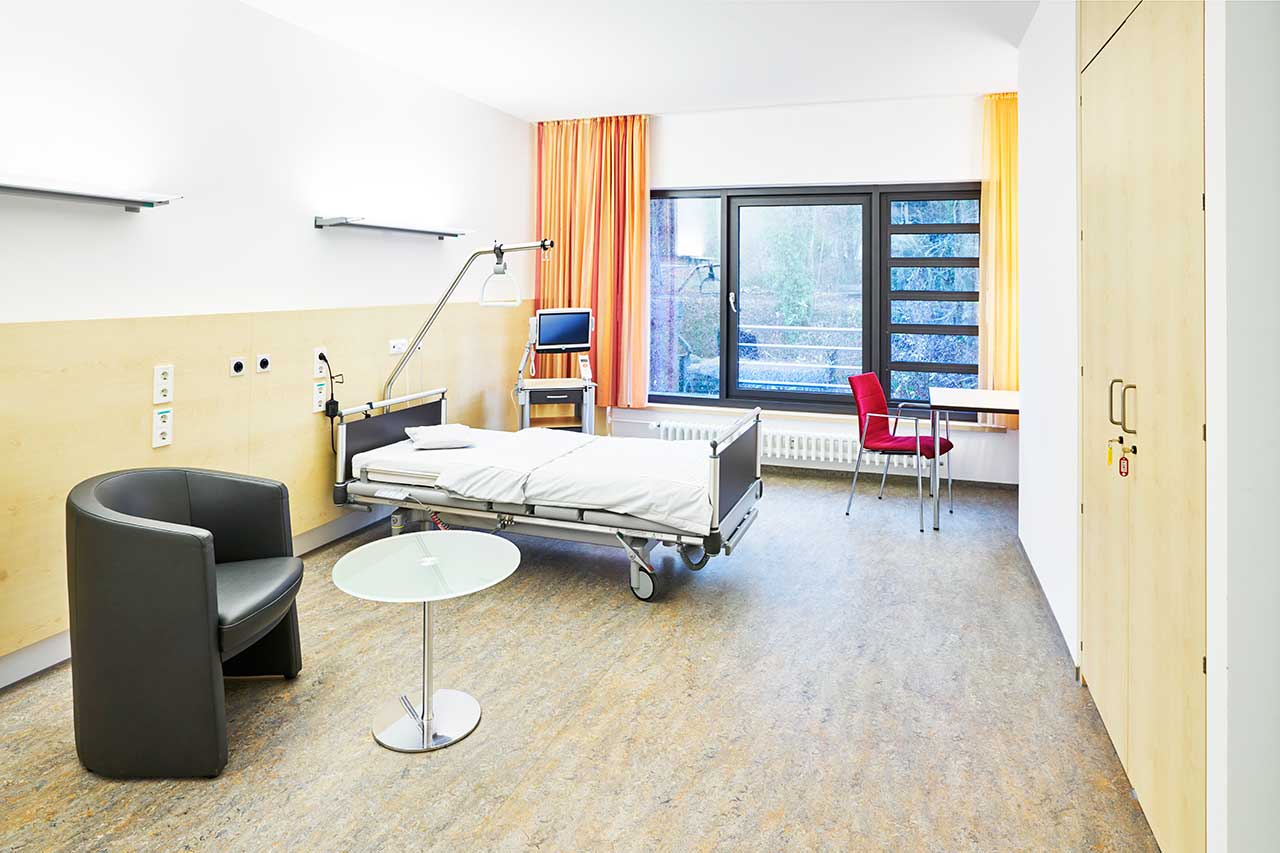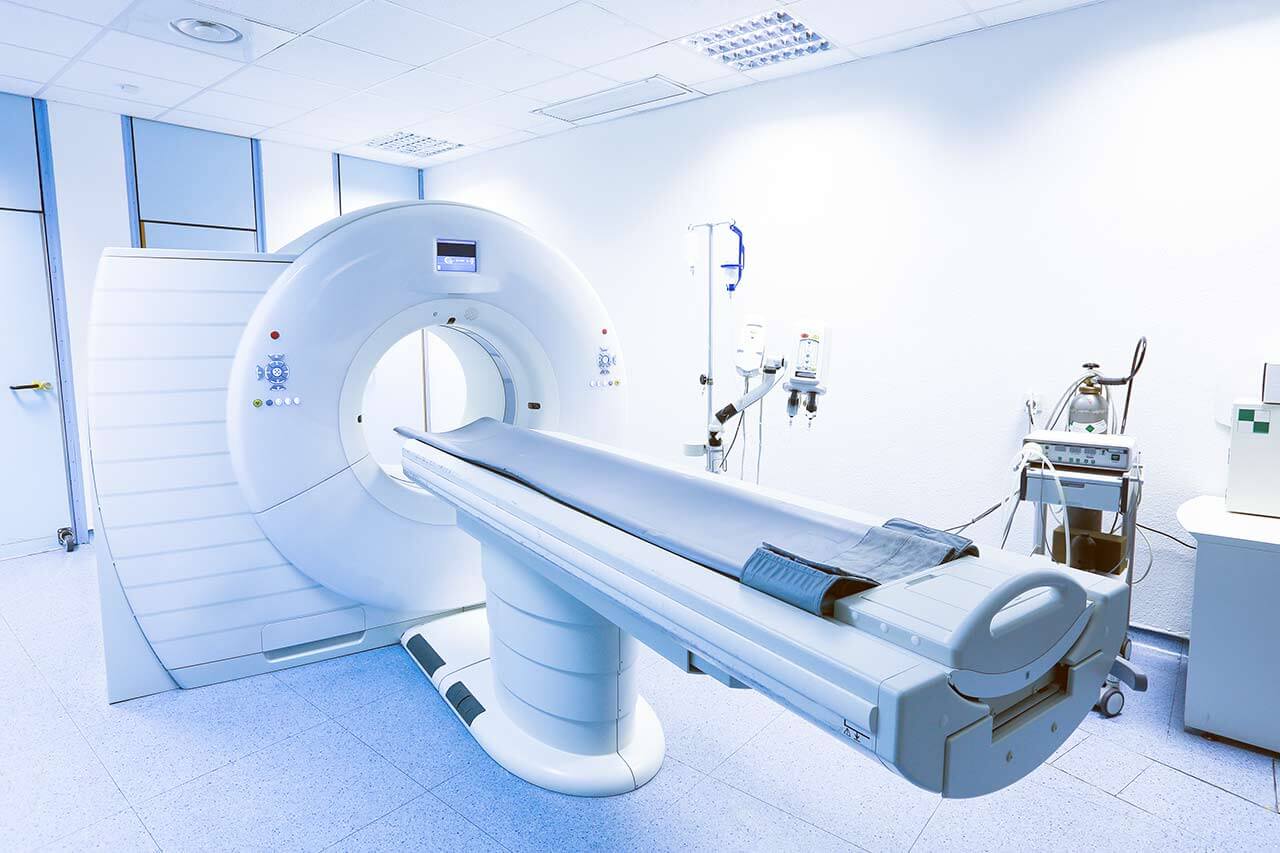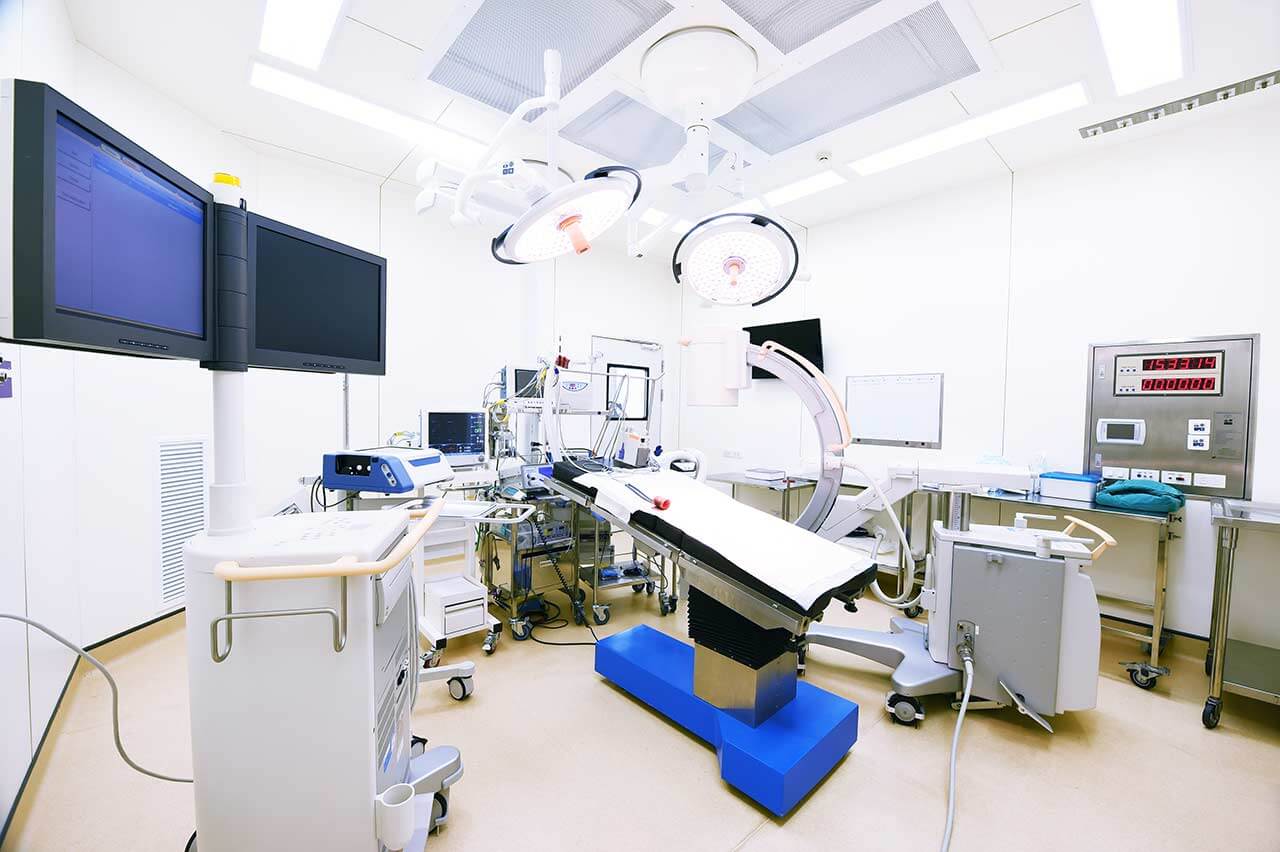
The program includes:
- Initial presentation in the clinic
- clinical history taking
- physical examination
- laboratory tests:
- complete blood count
- general urine analysis
- biochemical analysis of blood
- TSH-basal, fT3, fT4
- tumor markers, including n-myc
- indicators of inflammation
- indicators of blood coagulation
- CT scan / MRI of the abdomen and retriperitoneum
- abdominal and retroperitoneal ultrasound scan
- bone marrow biopsy
- consultations of related specialists:
- otolaryngologist
- ophthalmologist
- pulmonologist
- dentist
- cardiologist
- harvesting stem cells
- high-dose chemotherapy
- peripheral blood stem cell autografts (PBSCT)
- the cost of blood products
- symptomatic treatment
- cost of essential medicines
- nursing services
- full hospital accommodation
- elaboration of further recommendations
How program is carried out
During the first visit, the doctor will conduct a clinical examination and go through the results of the available diagnostic tests. After that, you will undergo the necessary additional examination, such as the assessment of liver and kidney function, ultrasound scan, CT scan and MRI. If necessary, the doctor will conduct a bone marrow biopsy followed by cytological examination of the harvested material.
The next step is harvesting blood stem cells. You will be connected to the special apparatus that will filter the blood and extract stem cells from it. The duration of this procedure is 3-4 hours. The harvested stem cells will be processed with a special solution and cryopreserved. You will then receive a short, intensive course of chemotherapy, which will suppress the activity of your bone marrow and prepare space for the engraftment of healthy stem cells.
The bone marrow transplant procedure is an intravenous infusion, i.e. the thawed healthy bone marrow will be injected through a catheter, intravenously. You will stay in your room during the procedure. A bone marrow transplant is completely painless and does not require anesthesia.
During the period of healthy bone marrow engraftment, you will stay in a sterile ward. This is a necessary precaution because during this time your immune system is very weak and cannot withstand environmental pathogens. The risk of bleeding is also quite high, so you will be advised to avoid mechanical damage.
A relative or other close person may stay in the ward with you. You will not be allowed to go outside the department and leave your ward often. The rehabilitation period can last up to 3-4 weeks.
When your complete blood count returns to normal, your doctor will schedule your discharge from the department. You will receive information about the rules that you will need to follow at home, the frequency and type of control examinations, and subsequent treatment measures. You will also receive a detailed medical report, which will reflect the entire course of treatment.
Required documents
- Medical records
- Brain MRI/CT scan (not older than 3 months)
- Biopsy results (if available)
Service
You may also book:
 BookingHealth Price from:
BookingHealth Price from:
About the department
The Department of Pediatric and Adolescent Medicine at the University Hospital Erlangen offers the full range of diagnostics and treatment for children (including premature babies and newborns) and adolescents of all age groups. The department provides care in various medical fields. It includes specialized outpatient clinics, which allow offering all patients the optimal treatment depending on their specific disease and age. The key to high efficiency of therapeutic measures is excellent qualifications of the experienced department's doctors. A number of diseases are treated within the special interdisciplinary Centers of Excellence. For example, these include the Perinatal Center, the Epilepsy Center, the Cancer Center, etc. These centers have at their command the very latest diagnostic and therapeutic methods. The department's doctors are competent in conservative therapy. If the child requires surgical treatment, pediatric surgeons are involved in the therapeutic process. The specialists work in accordance with the current recommendations of the German Society for Paediatric and Adolescent Medicine (DGKJ) and regularly demonstrate good treatment results. The department is headed by Prof. Dr. med. Joachim Wölfle.
An important focus in the department's clinical practice is on the treatment of hematological and oncological diseases in children. The department admits children and adolescents with all types of solid malignant tumors, leukemias, benign diseases of the blood and immune system. The department's doctors use an interdisciplinary approach to both diagnostics and treatment and, if necessary, involve in the therapeutic process pediatric surgeons, radiologists, specialists in nuclear medicine, radiation therapy, neurosurgery, etc. All diagnostic and therapeutic procedures are carried out in strict accordance with the recommendations of the German Society for Paediatric Oncology and Hematology. In November 2017, the department's pediatric oncology and hematology was awarded a certificate of the German Cancer Society, which testifies to its compliance with high standards of medical care and good treatment results.
The department also has an impeccable reputation in pediatric neurology. It offers all modern methods for the diagnostics and treatment of diseases of the brain, nerve endings and muscles, as well as convulsive syndrome. Special attention is paid to the diagnostics and treatment of epilepsy: the department carries out surgical treatment of this pathology jointly with specialists in neurosurgery. In addition, children with physical and mental disabilities can be examined and receive comprehensive consultation on appropriate treatment methods.
Another very important focus of clinical practice is pediatric nephrology. It offers the very latest medical advances in the diagnostics and treatment of all congenital and acquired diseases of the kidneys and urinary tract. The department cooperates closely with the Department of Urology at the university hospital in order to provide surgical correction of urinary tract pathologies and kidney transplant, if required.
In addition, the department offers the full range of diagnostics and treatment in such medical fields as perinatal medicine, pediatric endocrinology, diabetology, gastroenterology, pulmonology, etc. The spectrum is supplemented by rheumatic diseases, as well as congenital and acquired immune system disorders.
The department's range of medical services includes the following options:
- Care for premature babies
- Diagnostics and treatment of bronchial asthma and other diseases of the lungs and respiratory tract (pulmonology)
- Diagnostics and treatment of inflammatory diseases of the bones and joints (rheumatology)
- Diagnostics and treatment of genitourinary diseases, bedwetting, etc. (urology)
- Diagnostics and treatment of type 1 and 2 diabetes mellitus in patients between the ages of 0 and 21 years (diabetology)
- Diagnostics and treatment of endocrine disorders, growth and puberty disorders (endocrinology)
- Diagnostics and treatment of developmental and cognitive disorders (neurology)
- Diagnostics and treatment of neuromuscular diseases, hydrocephalus and spina bifida
- Diagnostics and treatment of epilepsy, including rare types of refractory epilepsy (within the specialized Epilepsy Center)
- Diagnostics and treatment of stomach, colon, liver and pancreatic diseases (gastroenterology)
- Diagnostics and treatment of benign and malignant diseases, rare and hereditary cancers (oncology)
- Diagnostics and treatment of blood diseases, bleeding disorders (hematology)
- Diagnostics and treatment of immune system disorders
- Diagnostics and treatment of congenital skin diseases (dermatology)
- Diagnostics and treatment of ectodermal dysplasias
- Diagnostics and treatment of cystic fibrosis
- Diagnostics and treatment of rare diseases
- Pediatric intensive care
- Diagnostics and treatment of other disease
Curriculum vitae
Prof. Dr. med. Joachim Wölfle is the Head of the Department of Pediatric and Adolescent Medicine at the University Hospital Erlangen. He held the position on July 1, 2019. Prior to this, the specialist held the position of Deputy Head of the Department, and then Acting Head of the Department in the Department of Pediatric and Adolescent Medicine at the University Hospital Bonn. In addition, while working at the University Hospital Bonn, he was responsible for an outpatient program for obesity in children, which includes diet therapy, exercises and behavioral therapy. The specialist plans to introduce the same program at the University Hospital Erlangen, since the problem of overweight in children becomes more and more relevant every day. Prior to joining the University Hospital Bonn, Dr. Wölfle worked in Basel, Switzerland. The specialist has devoted three years to research activities at the Oregon Health & Science University in Portland, Oregon.
The key focus of the professor's specialization is the treatment of endocrine disorders and diabetes mellitus in children. Prof. Joachim Wölfle also pays special attention to the study of obesity in children. In addition, an important focus is placed on the treatment of rare diseases in children. It is worth noting that Prof. Joachim Wölfle worked for many years in the German Society for Pediatric Endocrinology and for three years had been the President of this society.
Photo of the doctor: (c) Universitätsklinikum Erlangen
About hospital
According to the Focus magazine, University Hospital Erlangen ranks among the best medical facilities in Germany!
The hospital is one of the leading healthcare facilities in Bavaria and offers top-class medical care distinguished by the close intertwining of clinical activities with research and training of medical students. The hospital was founded in 1815 and today is proud of its rich traditions, numerous medical achievements and an excellent reputation not only in Germany, but also in the international arena. The hospital has 25 specialized departments, 7 institutes and 41 interdisciplinary centers, whose experts work tirelessly for the benefit of their patients.
The hospital has the status of a maximum care center, and therefore it represents almost all fields of modern medicine. Oncology, transplant medicine, and robot-assisted surgery are among the top priorities of the clinical activities of the medical complex. Oncology is represented by the Comprehensive Cancer Center Erlangen, which is one of 13 centers of excellence in Germany certified by the German Cancer Society. The university hospital has a high-tech center with high success rates for heart, liver, kidney, pancreas, cornea and bone marrow transplants. In addition, the hospital is a leader in the use of robot-assisted surgery. The medical facility has at its disposal innovative robotic technologies, in particular the da Vinci Surgical System, with the help of which surgeons perform many sparing interventions in various medical fields.
The medical team of the hospital consists of highly professional therapists, surgeons and nursing staff. The focus of their efforts is on the patient, his health and peace of mind, as well as comfort during treatment. The clinical practice of doctors is based on an individual approach to each case, which results in high treatment success rates. State-of-the-art technical equipment also plays an important role in the therapeutic process. The hospital is proud of the most advanced devices for imaging diagnostics (X-ray, ultrasound, CT, MRI, PET-CT, SPECT-CT, etc.), endoscopic examinations, laboratory tests, as well as specially equipped operating rooms for robot-assisted interventions, image-guided therapeutic manipulations, minimally invasive and classical surgeries of any complexity. Thus, the doctors of the university hospital have all the necessary resources to effectively treat the most severe pathologies and save lives.
The combination of high-tech equipment, experienced and highly qualified personnel, as well as strict adherence to the standards of modern medicine, form a solid foundation for the provision of the best medical care at the European level. An undeniable proof of the high prestige of the hospital is the constantly growing number of patients who come here from various regions of Germany and other countries of the world.
Photo: (с) depositphotos
Accommodation in hospital
Patients rooms
The patients of the University Hospital Erlangen live in comfortable rooms with light colors and modern design. Each patient room has an ensuite bathroom with shower and toilet. The furnishing of the patient room includes an automatically adjustable bed with an orthopedic mattress, a bedside table, a wardrobe, a table and chairs for receiving visitors, a TV, a radio and a telephone. Wi-Fi can be provided upon request. The use of a mobile phone is prohibited in many rooms of the hospital.
Patients can also live in enhanced-comfort rooms with a more sophisticated design. The enhanced-comfort rooms additionally include upholstered furniture, a minifridge and a safe.
Meals and Menus
The hospital offers healthy and tasty food distinguished by many awards, including the 1st place in the prestigious ESSEN PRO GESUNDHEIT competition of the Bavarian State Ministry of the Environment and Consumer Protection.
The patient and the accompanying person have three meals a day. Breakfast is served buffet style: scrambled eggs, boiled eggs, sausage, cheese, bread and buns with butter and jam, cereals, etc. There are three set menus for lunch and dinner to choose from: a classic menu featuring local cuisine dishes, a Mediterranean menu and a vegetarian menu.
If for some reason you do not eat all the foods, you will be offered an individual menu. Please inform the medical staff about your dietary preferences prior to the treatment.
The hospital also houses many cafeterias, which will delight with a wide range of delicious dishes and drinks.
Further details
Standard rooms include:
Religion
The hospital regularly hosts catholic and evangelical devine services. The services of representatives of other religions are available upon request.
Accompanying person
During an inpatient program, an accompanying person can stay with you in the patient room or in a hotel of your choice.
Hotel
During an outpatient program, you can stay in a hotel of your choice. The managers will help you choose the most suitable options.




